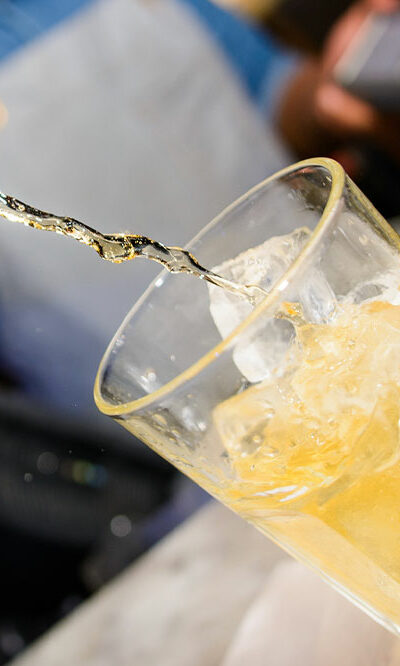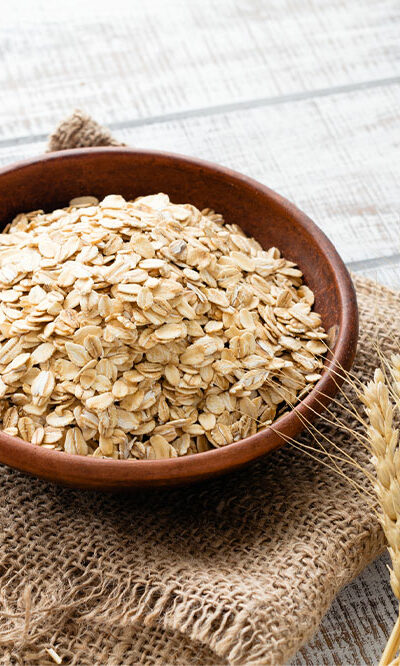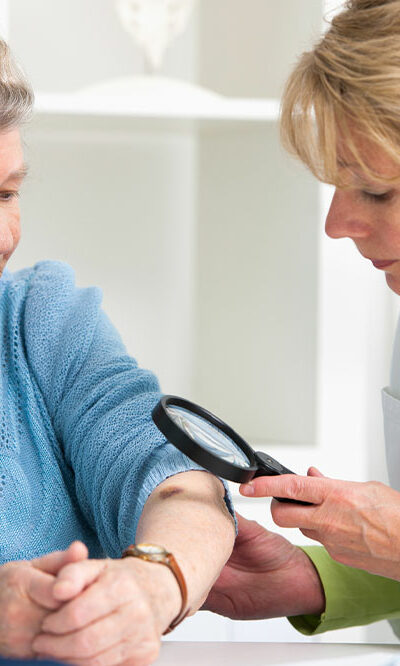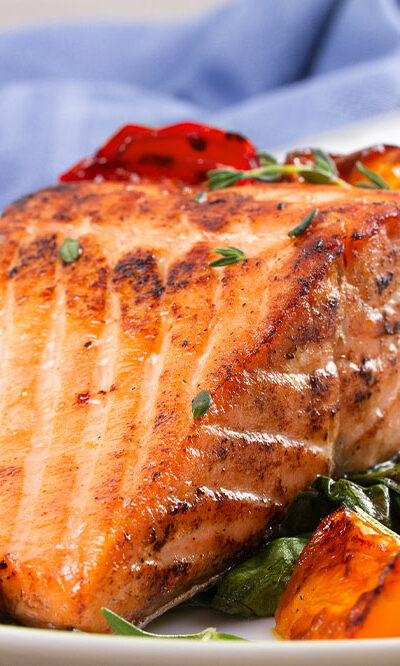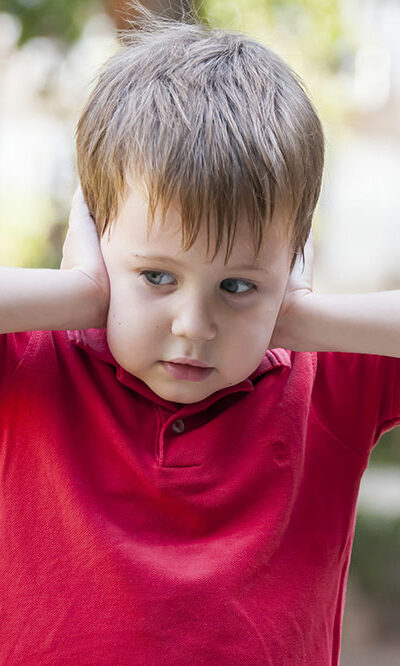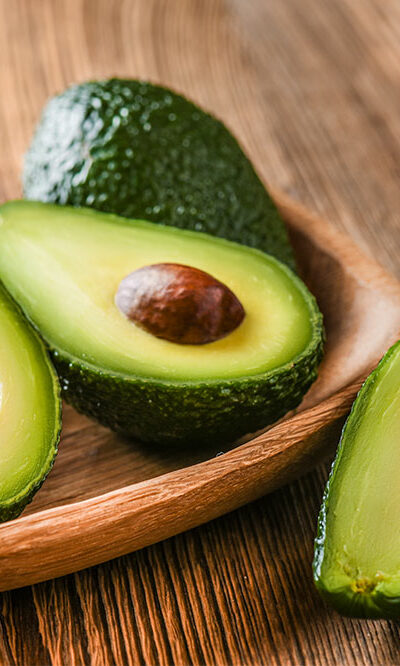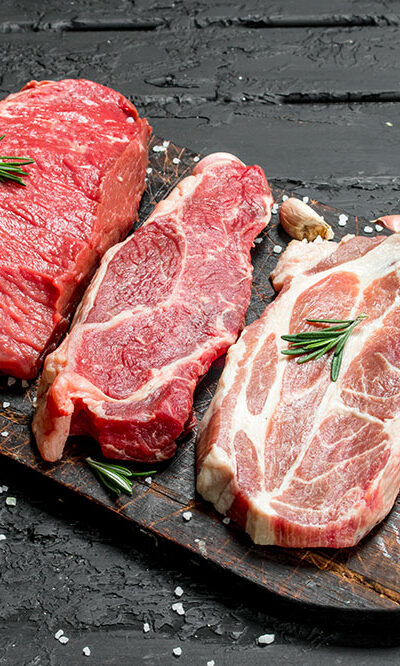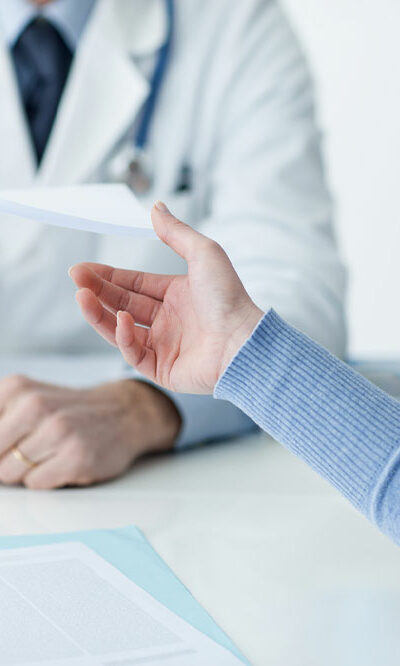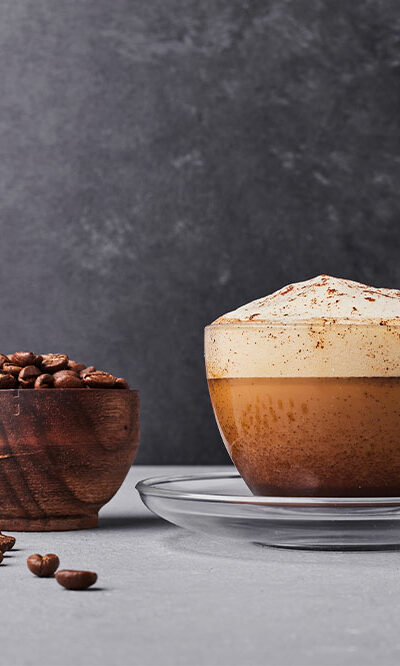
Foods to avoid to manage atrial fibrillation
Atrial fibrillation is a health condition in which the rhythmic pumping of the atria (the heart’s upper chambers) gets affected. It causes the heart to beat at an irregular or fast rate. This signifies that the heart is weak and must work harder to pump blood and function properly. While there are treatments for this condition, following a healthy meal plan is also essential. Here are some foods to avoid with atrial fibrillation. Caffeine While consuming small amounts of caffeine is not harmful, overdoing it can cause complications, especially if one suffers from atrial fibrillation. According to studies, 300 mg of caffeine per day is safe. But most packaged energy drinks on the market have a lot more. Energy drinks aim to provide a burst of energy by using caffeine. However, someone with a weak heart may find it hard to keep up with these drinks. Trans or saturated fats It is no secret that too much fatty food leads to several health conditions, including atrial fibrillation. Options like fried chips, doughnuts, potato chips, margarine, and deep-fried foods with high amounts of fat can increase cholesterol levels and blood pressure. And these are the precursors to heart diseases. Patients who add fatty foods to their meals experience worsening symptoms of this health condition. Studies show that meals high in saturated fats and low in monounsaturated fatty acids lead to a higher risk of chronic or persistent atrial fibrillation. Salt (sodium) Salt is known to elevate blood pressure, which can increase the risk of atrial fibrillation. Besides avoiding adding salt to homecooked food, it is recommended to steer clear of all processed and frozen foods as they tend to have a high amount of sodium. If someone buys these, they should read the label, check the sodium content, and be more mindful.
